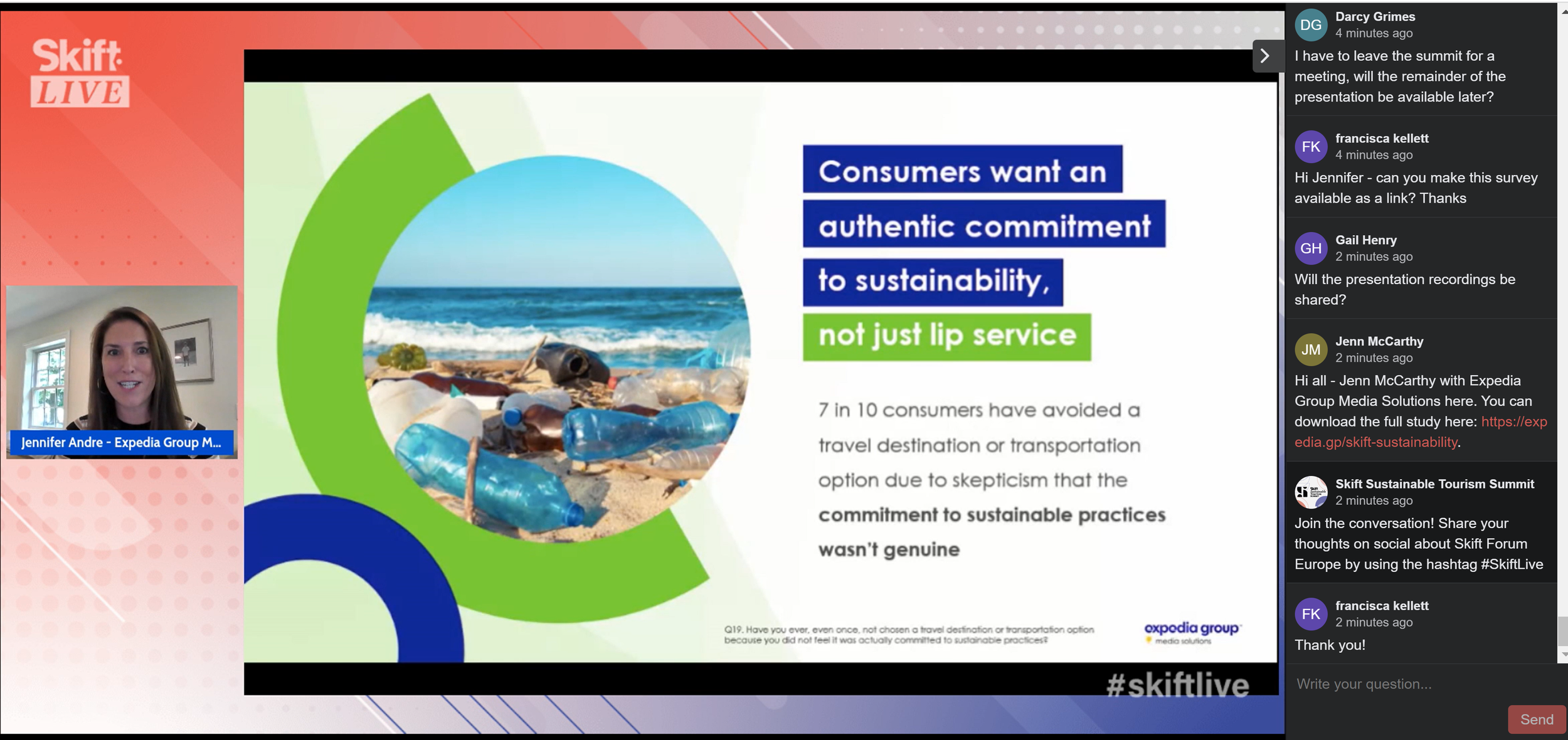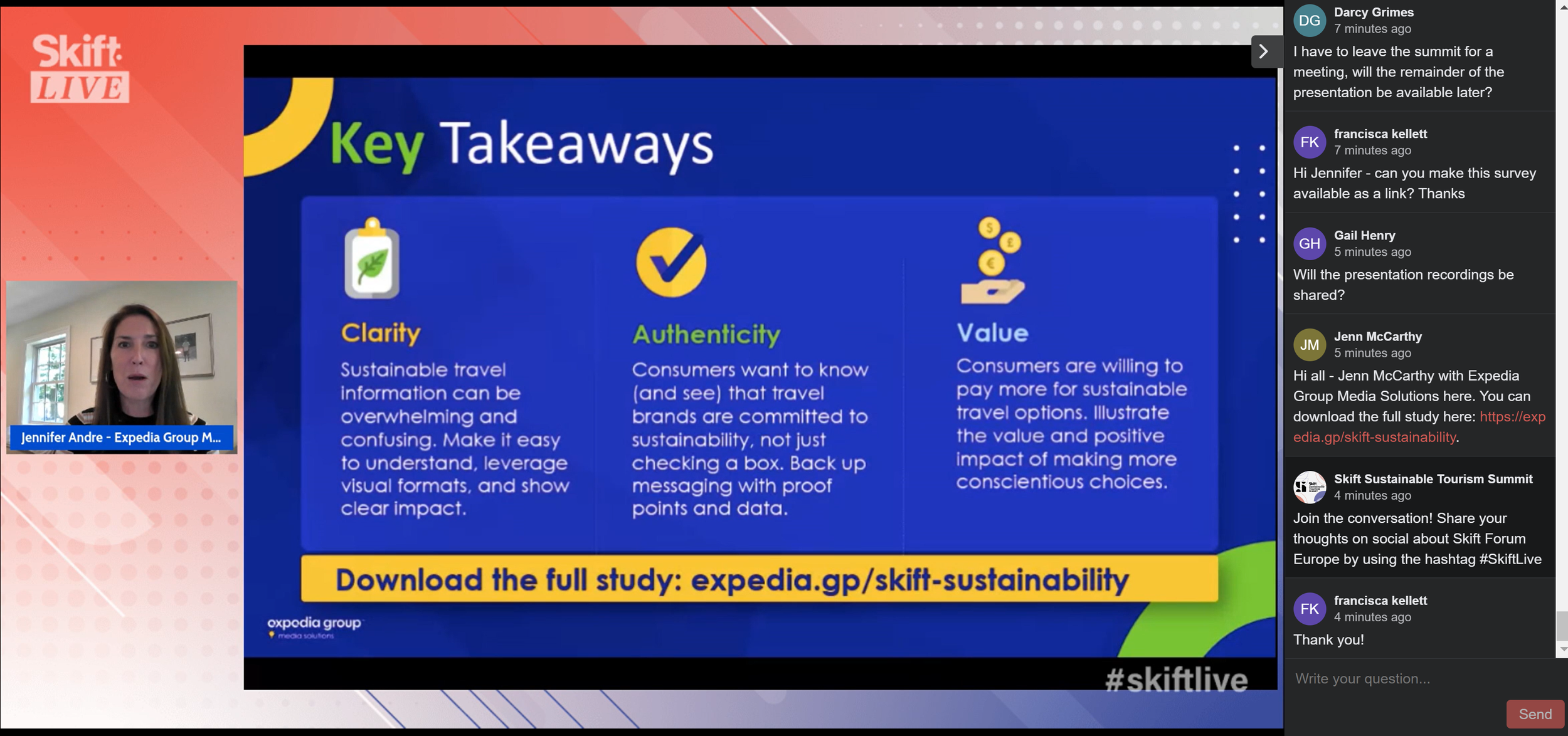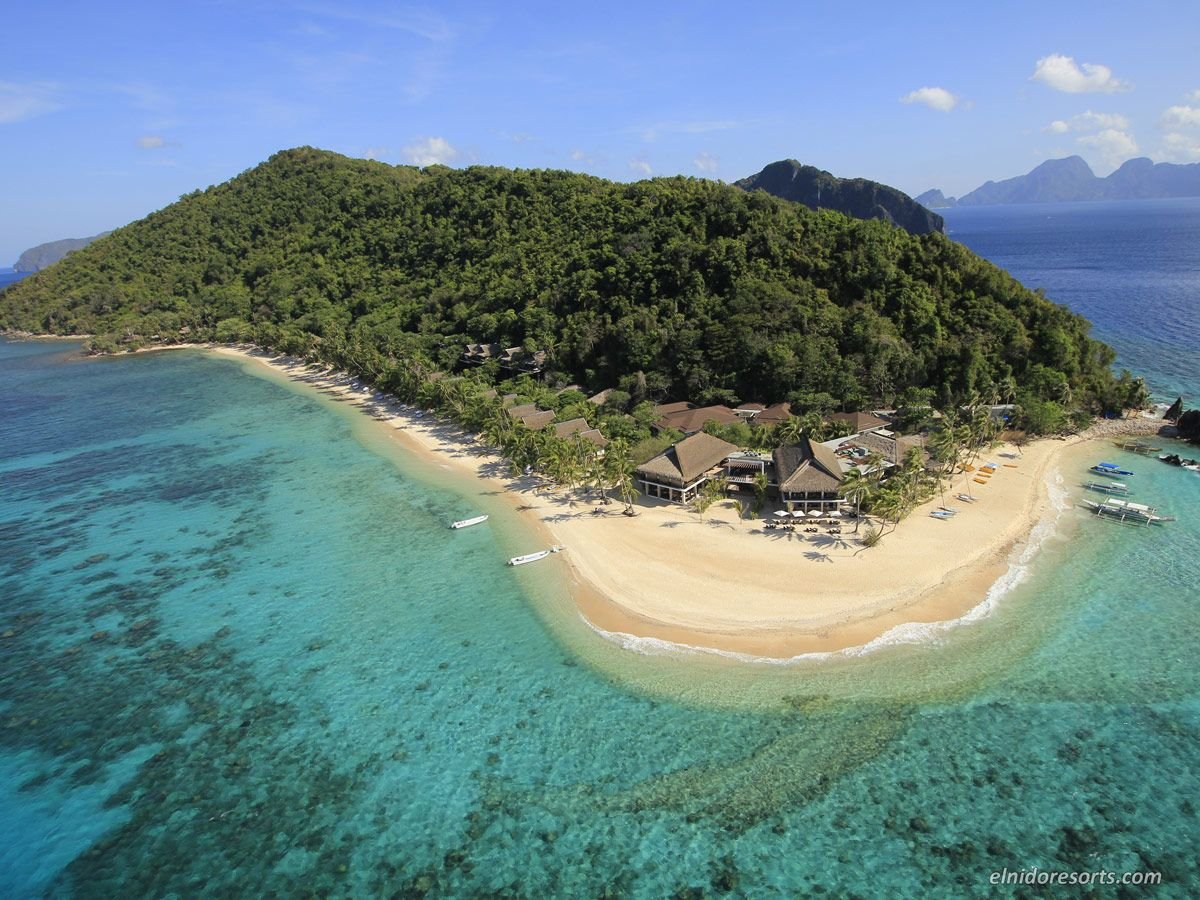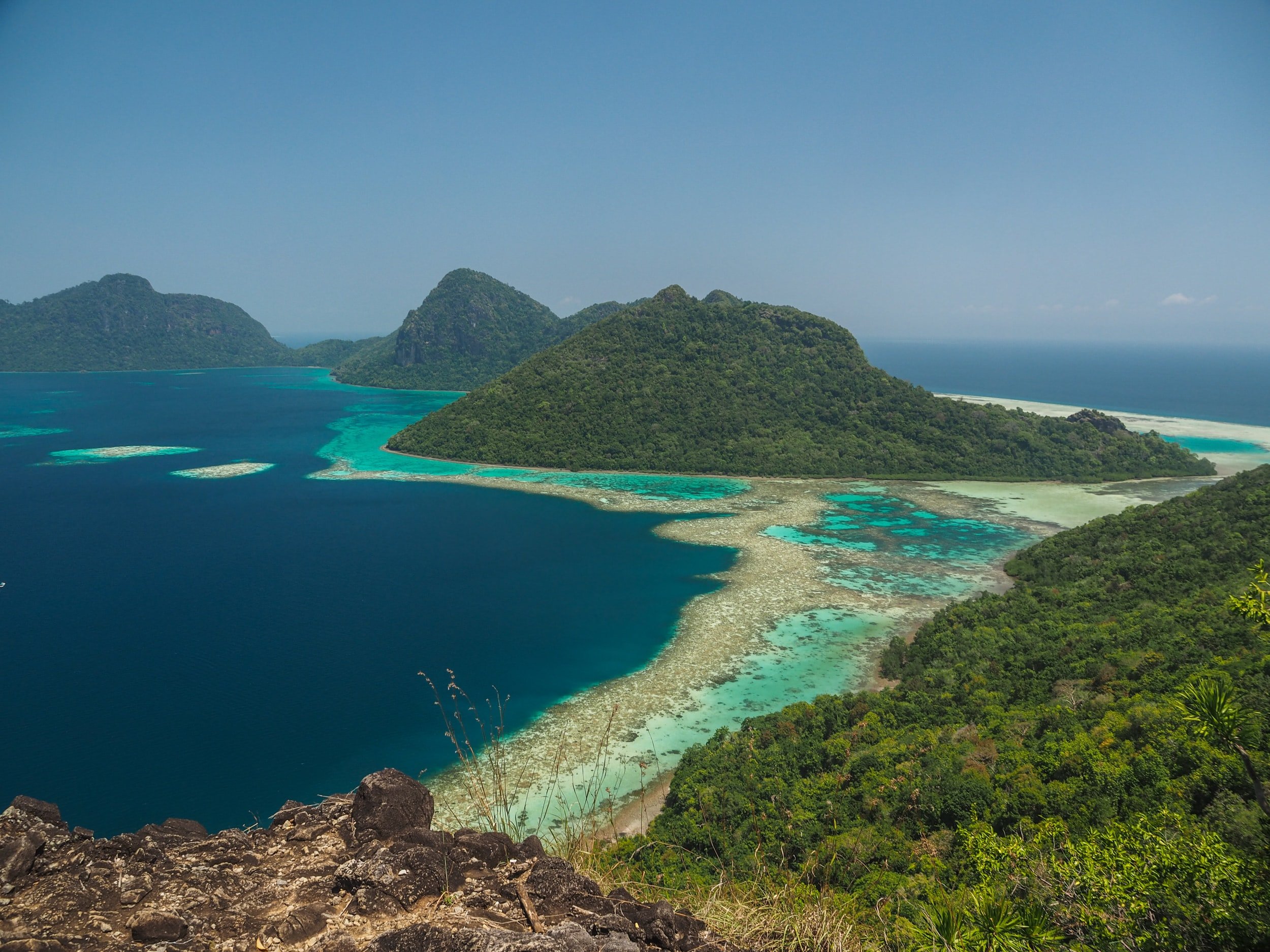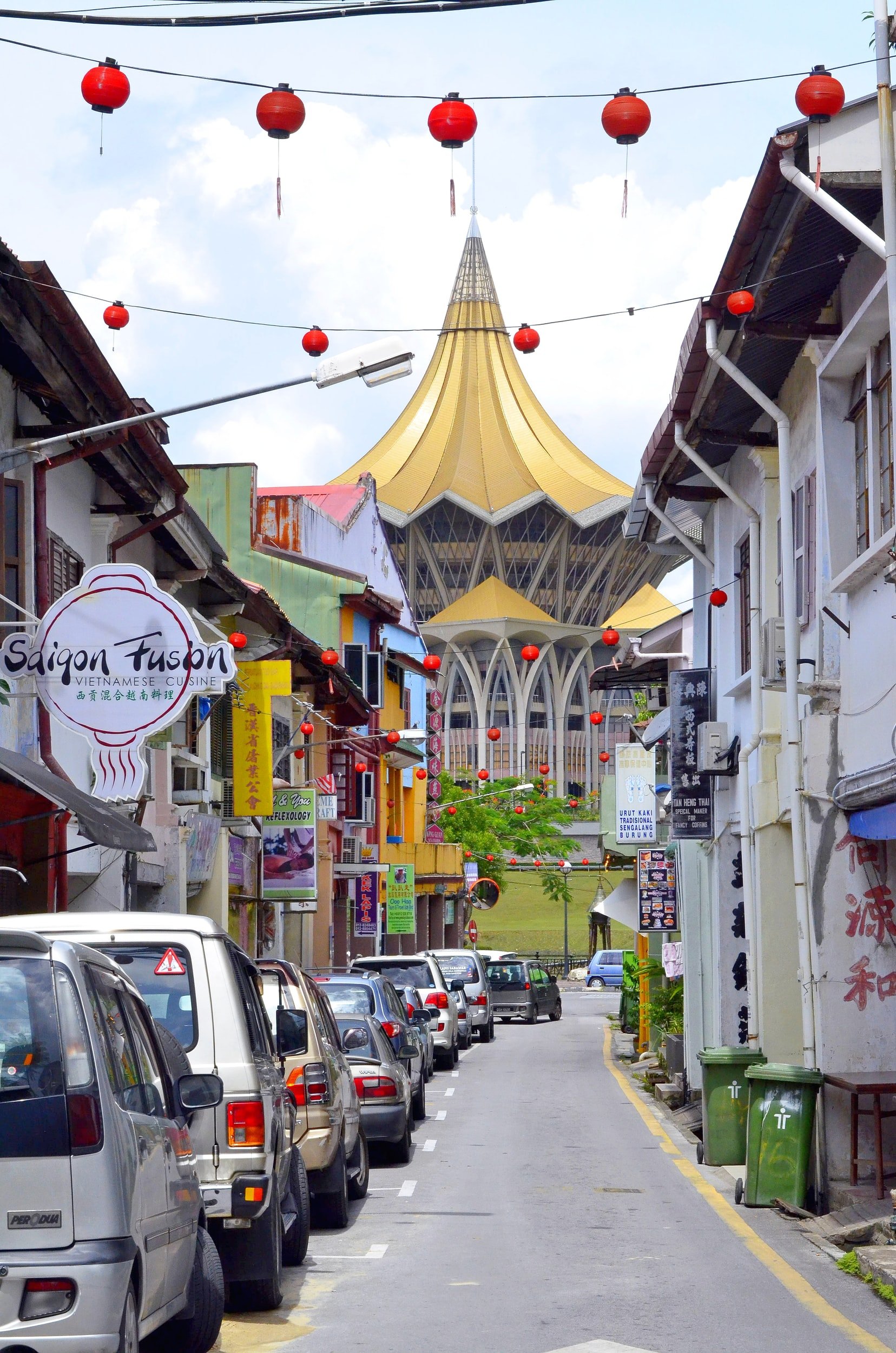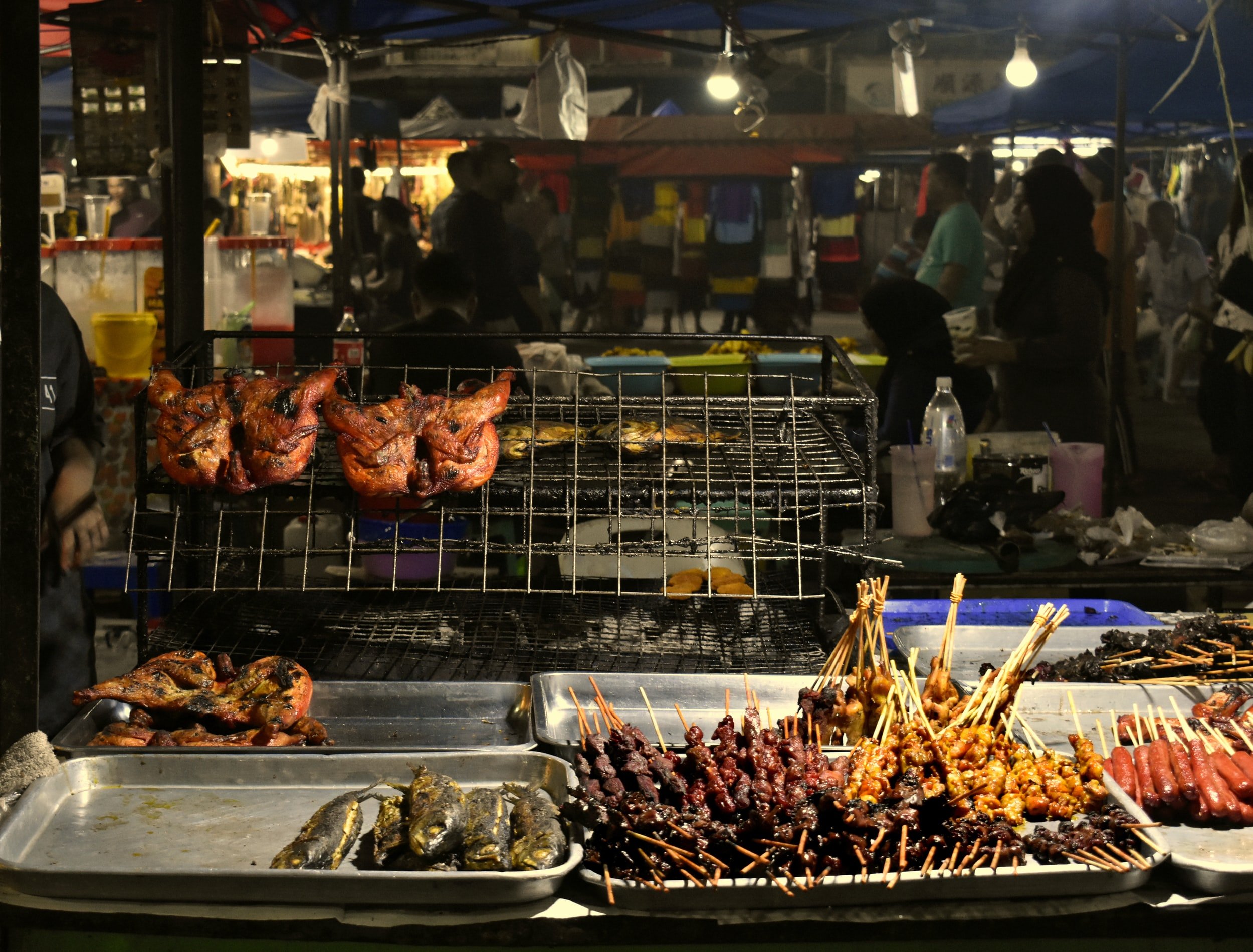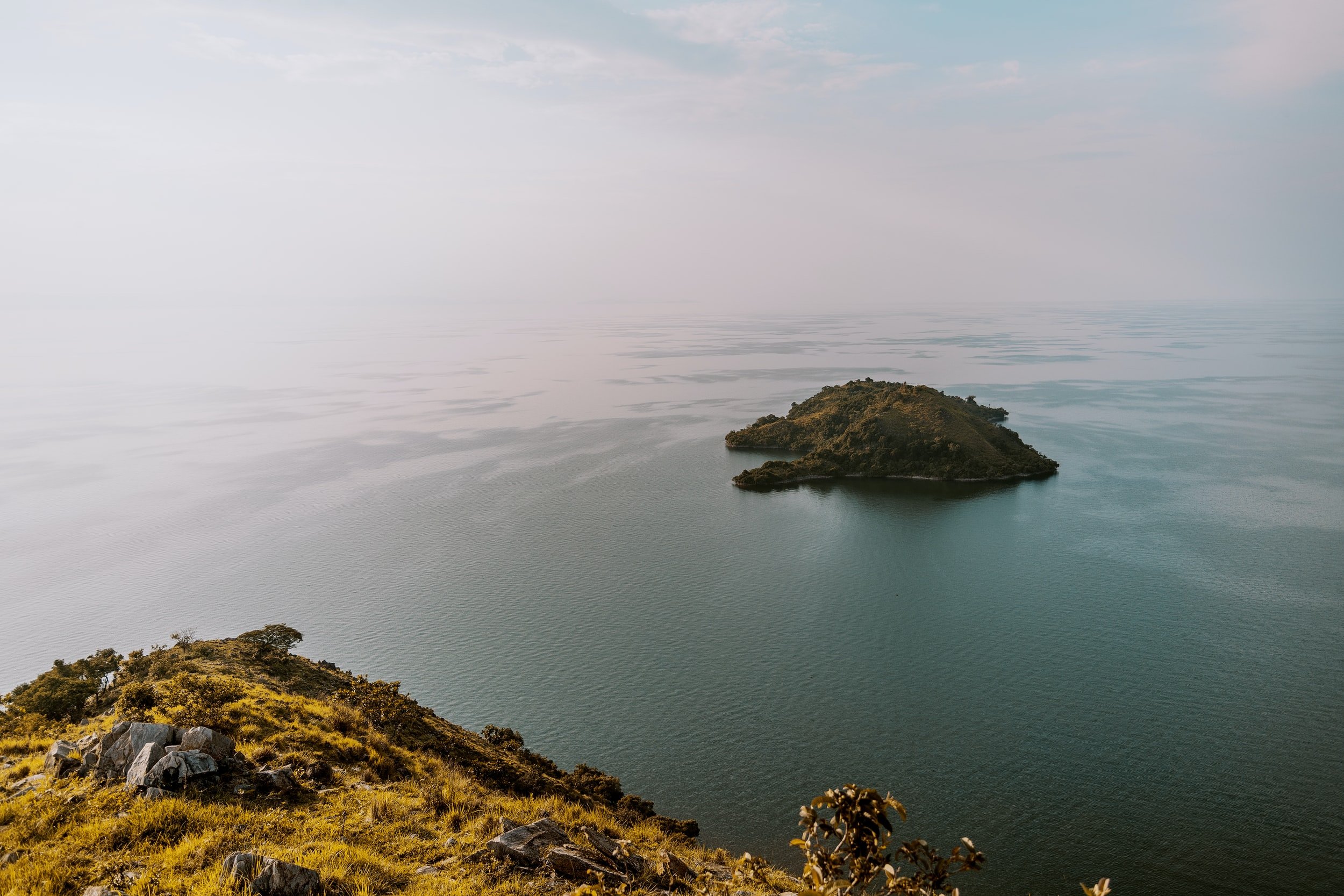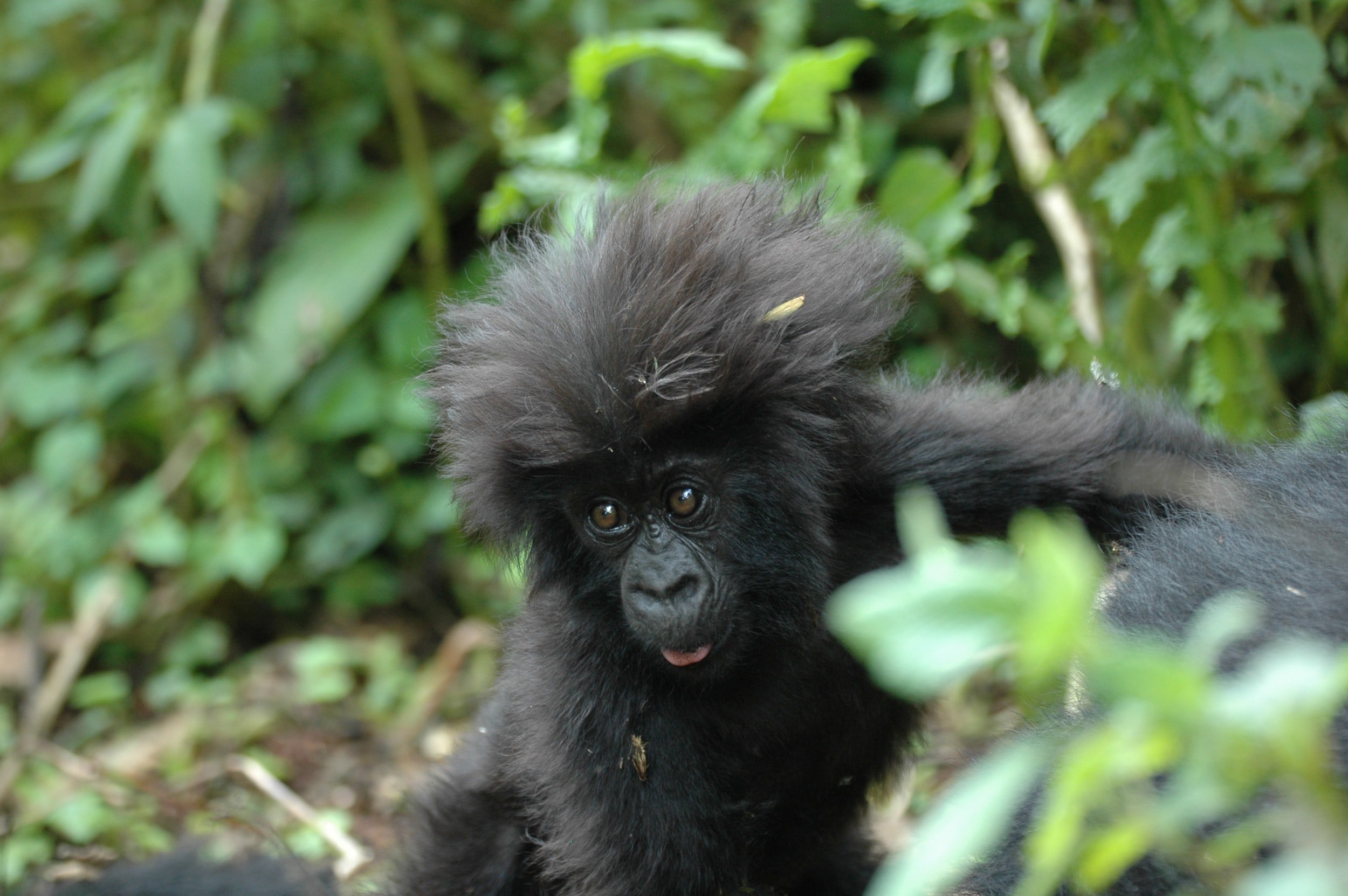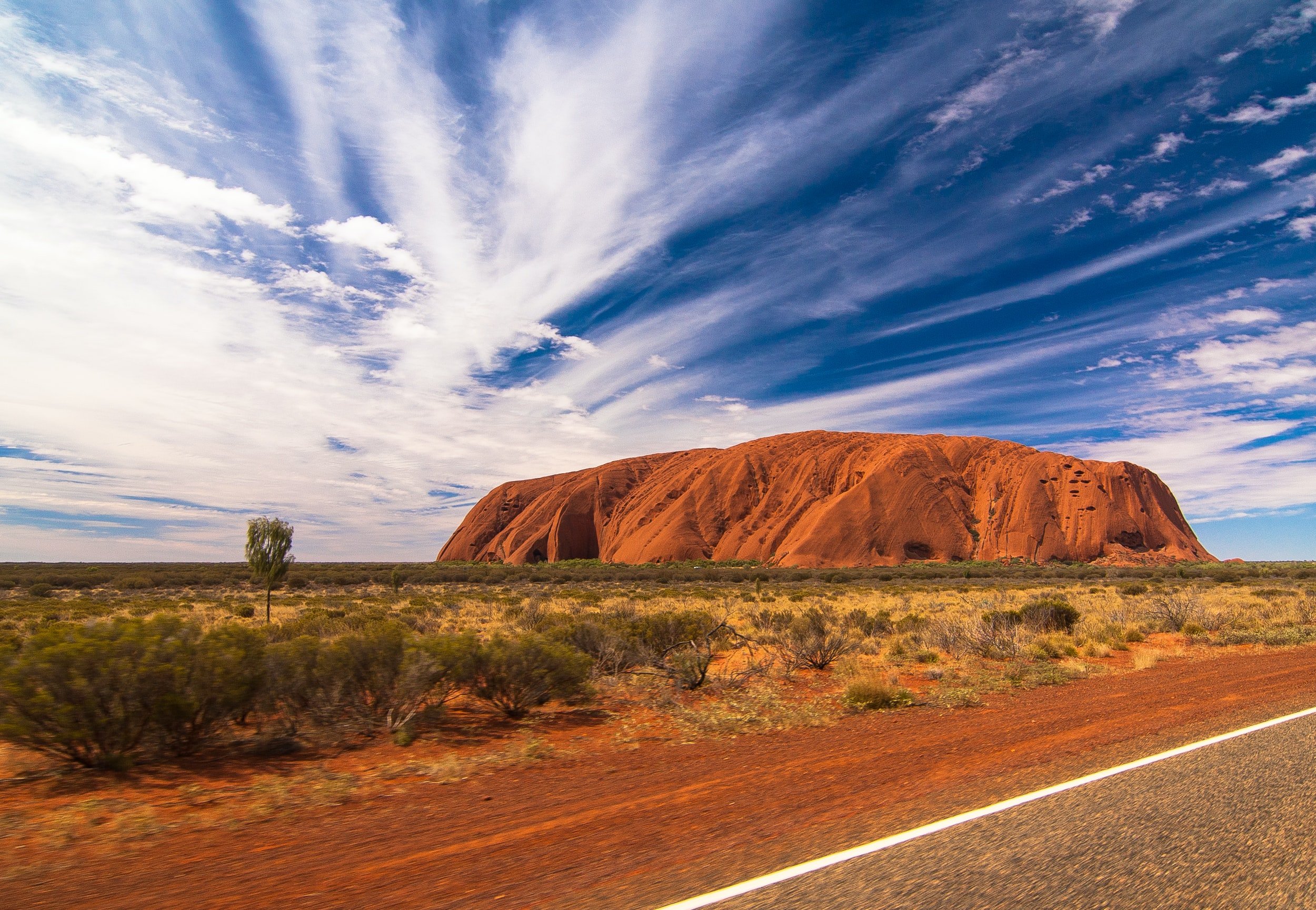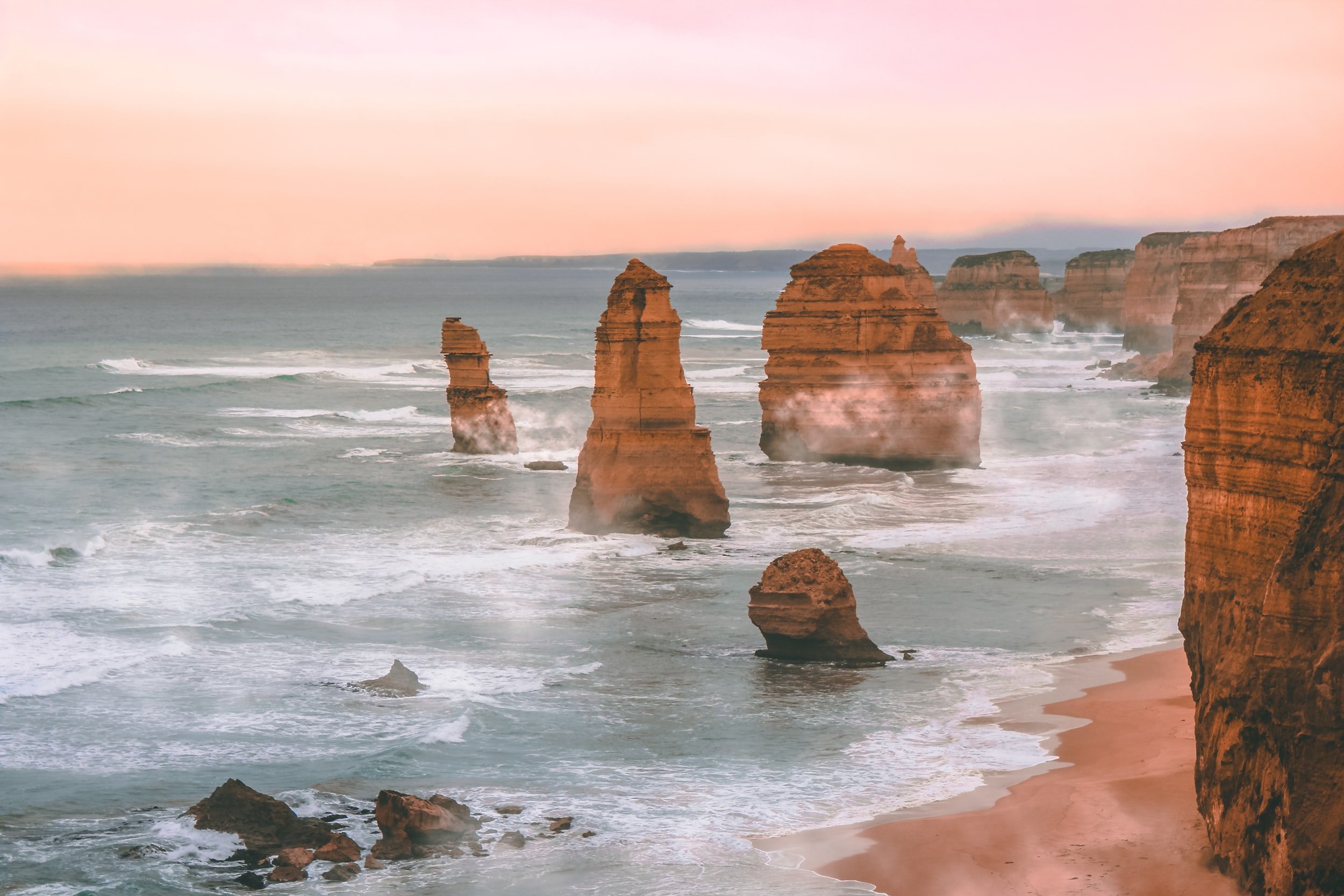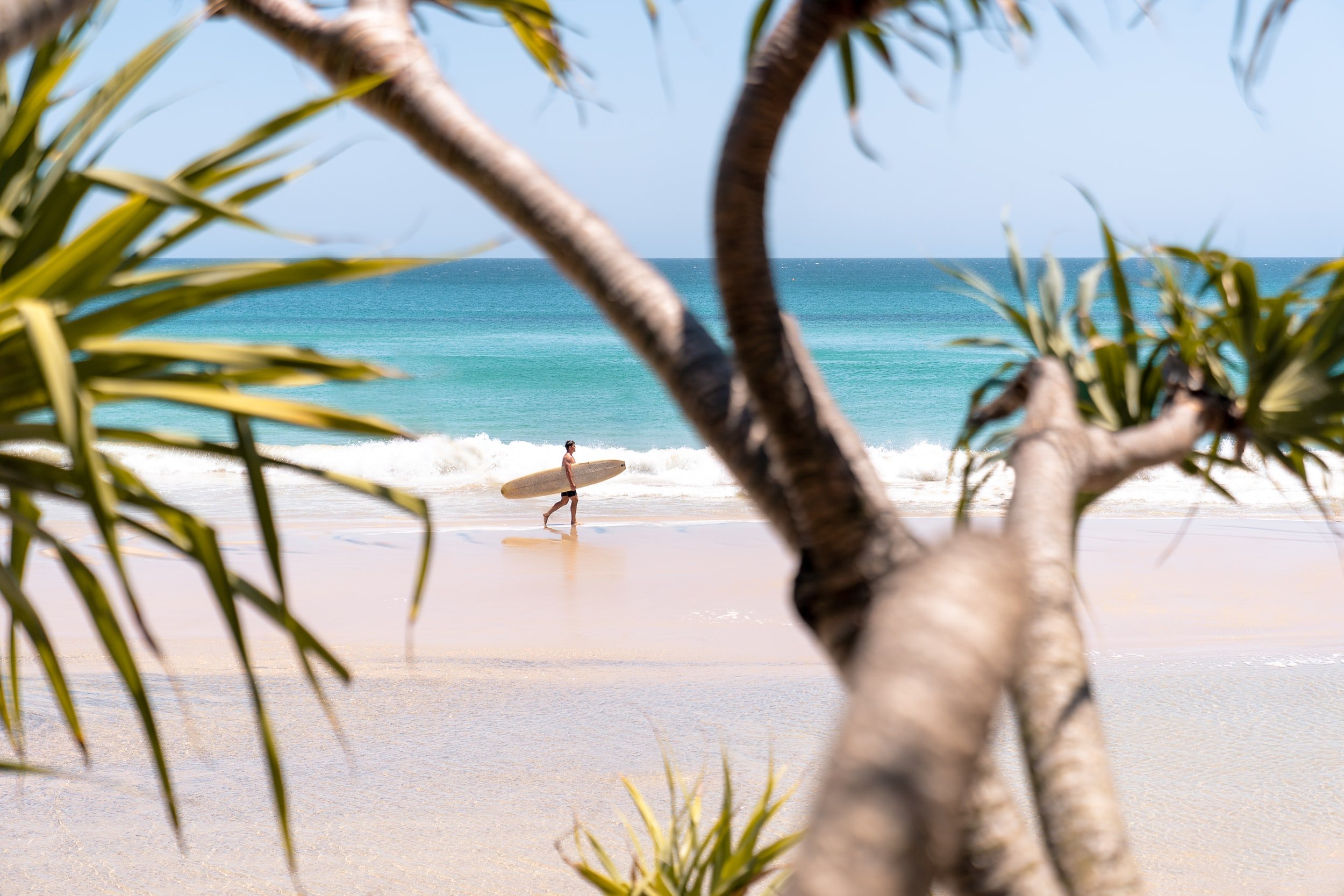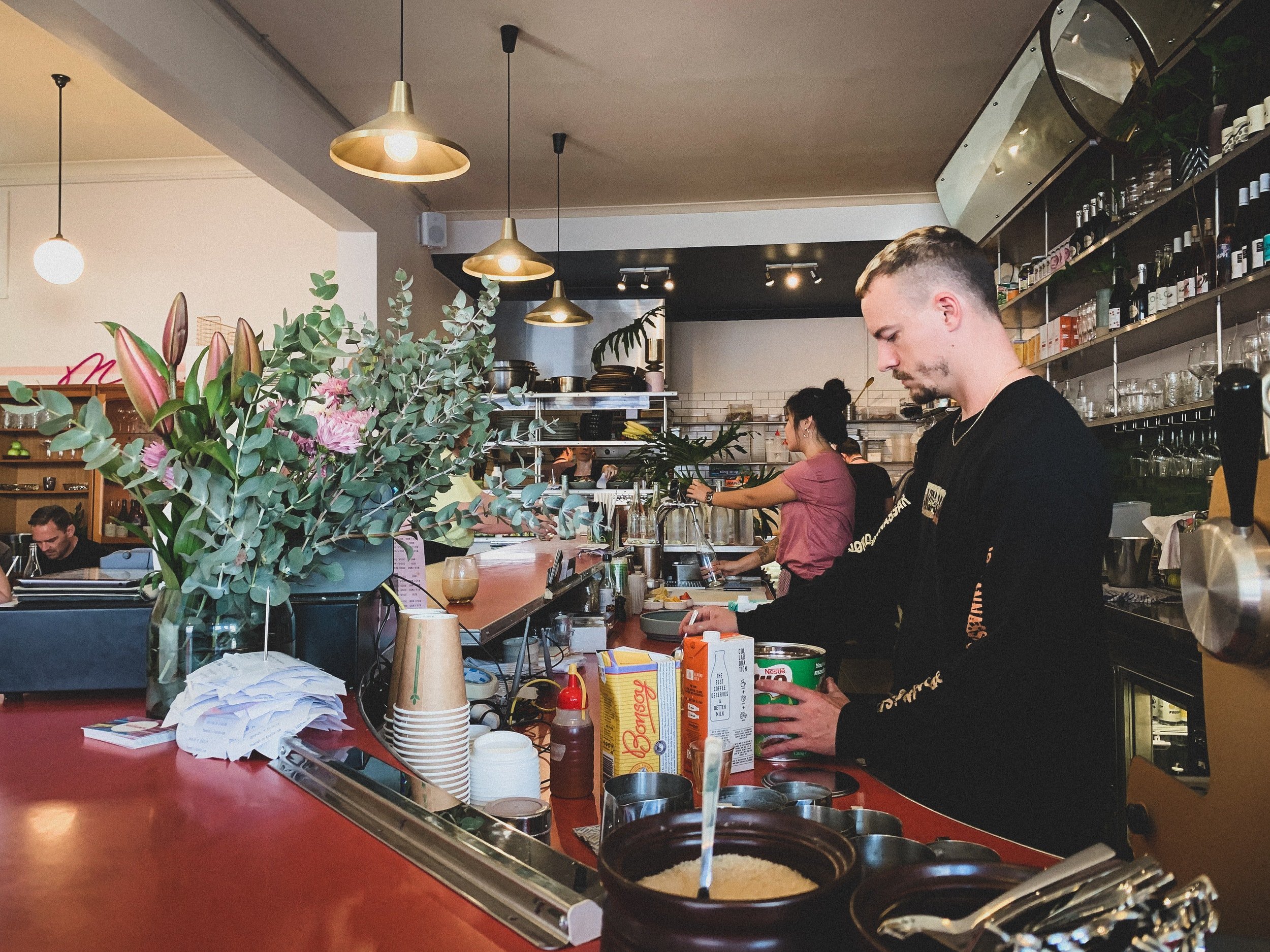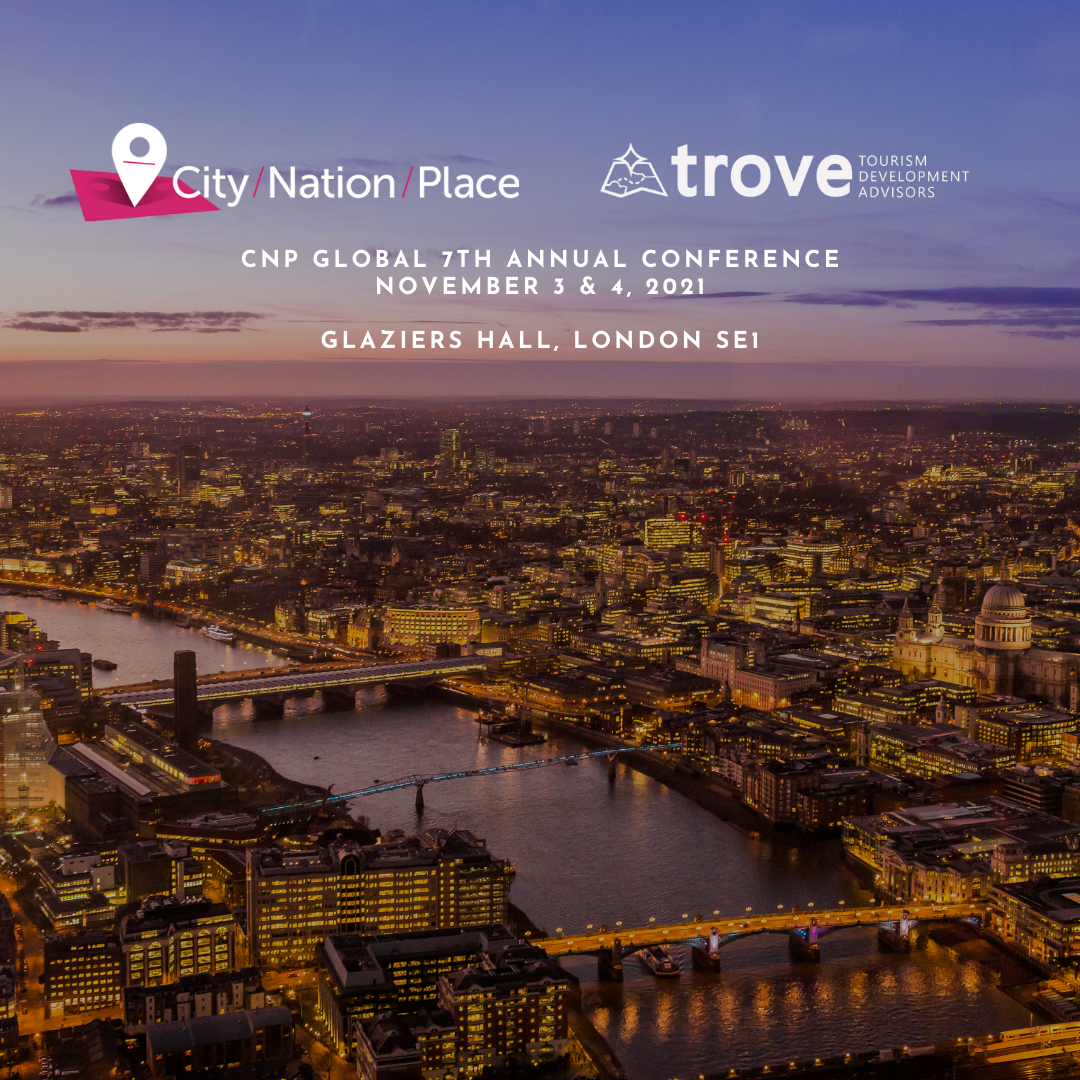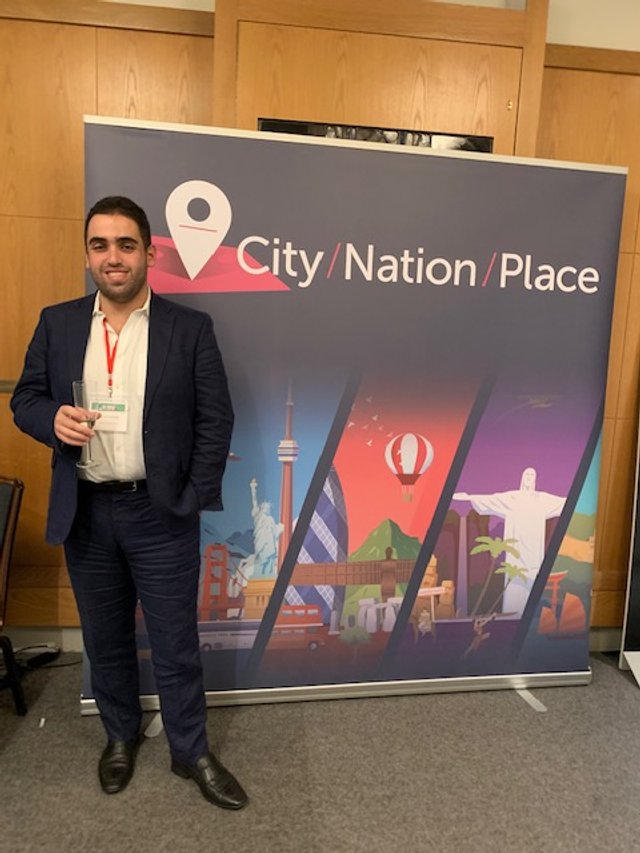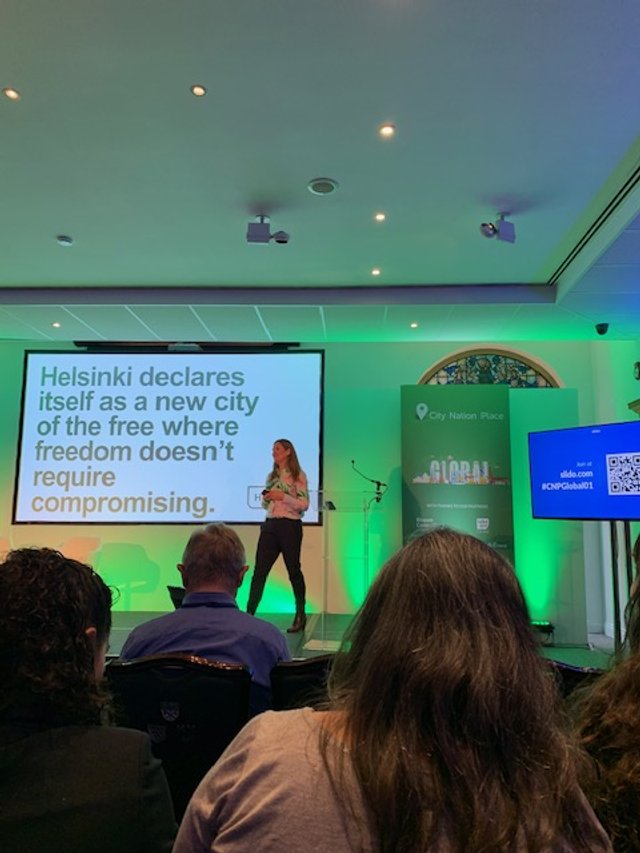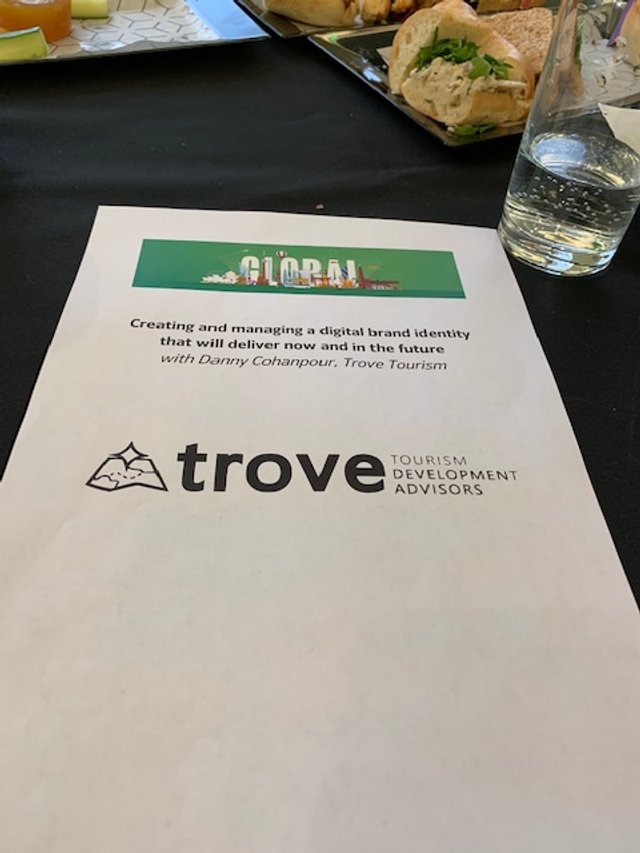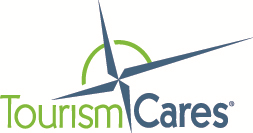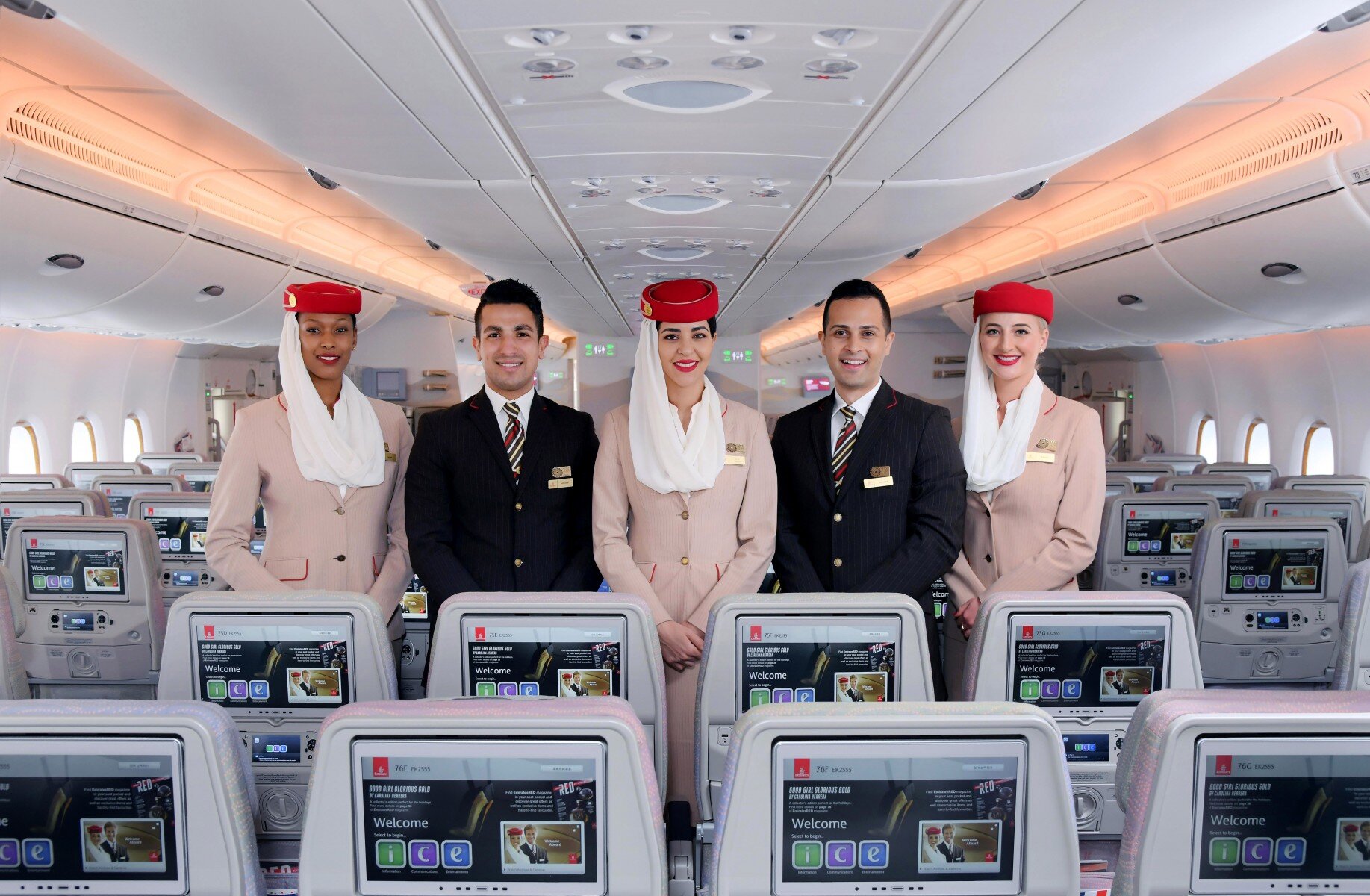Trove’s highlights on Skift Sustainable Tourism Summit 2022
To explore further actions being taken across the industry directly from thought leaders, Trove Associates Reema Maarouf and David Nicholson attended Skift’s Sustainable Tourism Summit 2022 led by Skift editors and research analysts.
This article was written by Trove Associate Reema Maarouf.
It is evident that the world’s largest corporations are consciously heading toward a time where promoting sustainability in an environmental, economic, and socio-cultural aspect is an urgent call. There is an emphasis on the tourism, travel, and hospitality industries as they hold the greatest impact in our communities. To guarantee long-term sustainability, a balance must occur between the needs of travelers, the environment, the government, the industry, and host communities should all be addressed.
To explore further actions being taken across the industry directly from thought leaders, Trove Associates Reema Maarouf and David Nicholson attended Skift’s Sustainable Tourism Summit 2022 led by Skift editors and research analysts. There was huge insight given regarding topics on how travel companies are tackling climate change, traveler expectations, top-tier community-led approaches, and how online travel agencies look to foster sustainability and social impact across different sectors.
When talking about consumers’ needs in a trip planning process during the summit, after conducting research on motivations, behaviors, and Influences on travelers, Jennifer Andre from Expedia Group Media Solutions said that consumers want and were looking for an authentic commitment. Consumers are making sacrifices and are willing to pay more for sustainable experiences.
Aditi Mohapatra, VP of Global Social Impact and Sustainability at Expedia Group, highlighted that there are constant efforts targeted towards finding ways to make marketplaces and advertising more inclusive overall.
Inge Hujibrechts, Global Senior Vice President of Sustainability, Security, and Corporate Communications at Radisson Hotel Group, noted that all B2B corporates are heading towards achieving net-zero targets. Moreover, Jane Ashton, Sustainability Director at easyJet, talked about the importance of encouraging hotels to hold the sustainability certification.
Moreover, when discussing models for better collaboration across sectors, Elke Dens, Global Director of Programmes at The Travel Foundation, presented Deloitte’s study and stated that the top drivers of challenges when creating partnerships nowadays are investors, governments, and regulators. Dens also followed up by sharing an interesting insight: “Destinations are everyone’s business, by design, it is a public and private co-ownership, therefore companies should be on the outlook to join forces and collaborate rather than compete and compare.”
There was a very clear pattern throughout the Summit: the past two years of pandemic and recovery had led to huge changes in the way the industry operated, altered business goals and leaders’ priorities in the industry. Flexibility and Sustainability are two main core components that the industry is heading towards achieving. There has been great advocacy and there always is room for more as continued actions with impact will be implemented. Impact not only on preserving our planet but on our communities and stakeholders.
If you were looking to develop your service, product, or destination to compete in your area of expertise, reach out to one of our destination development advisors at Trove to discuss how you can develop through moving towards a more sustainable direction or simply through promoting your existing initiatives using the latest digital tools and trends to reach your targeted audience.
Tourism in Malaysia makes major waves in April as it re-opens to the world
Tourism in Malaysia is making major waves in April as it re-opens to the world.
This is a blog by Trove Associate Jane Noela-Braimah.
Malaysia opened its borders to international travelers and returning Malaysians alike in March 2022, and since then, the nation has been loosening restrictions and going full force on global promotional events.
On April 1st 2022, the Southeast Asian country started the transition into the endemic phase of COVID-19, completely relaxing all protocols for the first time since its stringent lockdown and restrictive procedures after two years. At the time, to curb the rise of COVID-19 in the country, foreign travelers were barred from entry, while returning nationals, permanent residents and select diplomats went through quarantine and other extensive measures before returning to their (home) country.
From April 10th to 12th the Malaysia Tourism Promotion Board participated in Borsa Internazionale del Turismo, Milan Italy. Led by Mohamad Libra Lee Haniff, Director of Tourism Malaysia in Paris, the country was promoted as an ideal covid-compliant holiday destination. Information on traveling to Malaysia was made to travel partners and holiday tourists alike, with hopes of establishing strong business networking opportunities. Libra saw the BIT as an ideal marketing location for Malaysia, and with over 40,000 guests in attendance, the opportunities are not overstated.
In an interview that followed days after the opening of national borders, vice president Ganneesh Ramaa of the Malaysian Association of Tour and Travel Agents was confident in Malaysia’s direction towards international tourism, pointing to leading examples in Europe and other Asian countries who made similar moves already. He however insisted that speculations on the recovery rate of Malaysia’s tourist market cannot be made this early, with a note made to the global impact of the Russia-Ukraine war as a contributing factor to this uncertainty. China’s slow recovery in its tourism market also plays a role in this uncertainty as the nation is one of Malaysia’s major contributors.
Still, the government and organizations in the industry remain hopeful about Malaysia’s economic future with the opening of its borders, given the statements from the Ministry of Tourism, Arts and Culture. Tourism Malaysia is set to globally launch the “Malaysia, Truly Asia” campaign again following the opening of the borders.At the launch of its Strategic & Marketing Plan for 2022 - 2026, Minister Datuk Seri Nancy Shukrie stated that the Government is projecting at least two million tourists. With priorities focused on six key factors of domestic tourism and promotions, international tourism recovery, digital adoption, innovation, health and safety, Malaysia’s players in travel and tourism prepare and anticipate the increase of a market that had plunged significantly in the year 2020.
The events and campaigns of April, organized by Tourism Malaysia and the Ministry of Tourism,, are proving promising. In line with the Strategic & Marketing Plan for 2022 - 2026, more is expected to come from Malaysia Ministry of Tourism and the country’s industry players.
Learn more about our Digital Marketing and destination marketing work here.
THE COUNTRY OF A THOUSAND HILLS: Rwanda and Virtuoso Partnership Marks New Age for Tourism Trade
Rwanda and Virtuoso Partnership Marks A New Age for East African Tourism Trade.
This is an article by Trove Associate Jane-Noela Braimah.
Rwanda’s official tourism board, the Visit Rwanda, has recently gained admission to Virtuoso’s prestigious portfolio of luxury and experiential travel partners, with a network of over 2,000 partners in 100+ countries.
Virtuoso is a top global network of agencies specializing in luxury and experiential travel. Virtuoso now offers Visit Rwanda direct relationships with the world’s leading leisure travel agencies all over the world.
Rwanda is one of the most remarkable destinations in East Africa. It is the true definition of beauty and is rich in culture, wildlife, rolling hills, lakes, birds and rivers. The country is most famous for hosting treks with the mountain gorillas, an adventure in the Virunga Mountains of Northern Rwanda that was brought to the limelight by Dian Fossey, an American primatologist.
The country has also made great strides in technology. Rwanda planned to turn into a cashless society and has been successful in two areas - payment of services, banking and transport.
With interoperability of banking services, ATM services have been connected to commercial banks making 72% of Rwandans able to access financial services. Rwanda has been awarded and recognized as one of the top 20 most clean, green and safe places in the world, according to the World Travel Guide.
This announcement by Virtuoso will open doors to new sales, growth and marketing opportunities to the network’s more than 20,000 luxury travel advisors. Their coveted clientele sell an average of (U.S.) $25–$30 billion a year.
“Now that we’re part of this renowned network, we look forward to offering Virtuoso advisors and their clients the special amenities, values and experiences that surpass their expectations,” said Mandi Stefanak, the North American representative of Visit Rwanda.
Some of Rwanda’s “once-in-a-lifetime troves” include a trek through Volcanoes National Park where visitors can interact with the rare mountain gorillas and Big Five animals on a safari in Akagera National Park. Recently, a luxury hot air balloon ride experience was launched, adding to the myriad of activities to choose from.
Our job at Trove Tourism Development Advisors is to work with destinations to uncover their troves. Learn more here about our branding strategy work to attract consumer visitation and trade investment.
Australia’s Campaign Is Full Steam Ahead as the Nation Re-opens
Australia’s tourism re-opening comes at a great time and lines up with a multi-national campaign focused on igniting the visitor market.
The following article is by Trove Associate Olivia Silverman-Franklin.
Did you happen to catch a 30-second ad for Australia this past Superbowl weekend? “Don’t Go Small. Go Australia” Is the latest marketing campaign for the country to garner the interests of those living in the United States and the United Kingdom. In addition, “The Come and Say G’Day - Don’t Go Small. Go Australia” campaign will be marketed through social media platforms, TV, and print ads in Germany, Italy, and France.
The campaign featured some iconic and picturesque scenery like the Northern Territory, Sydney Harbor, and the Great Barrier Reef. “We have chosen locations and activities to reflect the wide diversity of tourism experiences Australia has to offer. We also considered the popular destinations and cities that have been impacted the most by the pandemic and put them in the spotlight”, said Dan Tehan, Minister of Trade, Tourism, and Investment. Australia’s focus to highlight places most affected by the pandemic is a step in the right direction.
On March 19, 2020, Australia closed its borders and initiated a lockdown for all citizens. Melbourne held about six lockdowns, totaling 262 days, the longest of any city in the world during the pandemic. In November 2021, Australia first started allowing its citizens to leave; they gradually allowed workers and foreign exchange students to enter strictly for studies. The last phase of reopening was this past Monday, February 21st, 2022, for all leisure travel for international visitors to resume. This is huge news for a country that has been closed off - and one of the tourism powerhouses in the world
The first installment of this campaign comes as COVID infections slowly decrease and vaccination roll out in most countries have reached third dose status. Australia is still taking significant caution by opening again to international tourists. Tourists will need to be fully vaccinated, hold a valid Australian visa, have a completed travel declaration, and a negative RAT within 24 hours of departure in addition to a negative PCR within 72 hours of release. This may seem a lot to some travelers, but hopefully, these requirements could be reversed by the next installment of this campaign, and Australia will soon reap the benefits of this well-thought-out campaign.
Could Australia influence other countries for future post COVID marketing tourism marketing? That will depend on the data, branding strategy, visuals and social content underpinning their efforts. You can contact us here to start planning your destination campaign.
Trove facilitates roundtable at City Nation Place Global Conference
The 7th City Nation Place Global conference brought together 100 international delegates in person in London in the placebranding, tourism and destination industry.
Trove’s CEO Danny Cohanpour had the opportunity to attend the City Nation Place Global Conference as a Hub Partner for the organization. Danny also facilitated a roundtable on “digital brand identity”, and the innovations and techniques destinations and places can use to streamline their brand message online. A streamlined place brand showcased through targeted digital assets is key to any tourism organization recovering from the pandemic
According to City Nation Place, The 7th City Nation Place Global conference brought together 100 international delegates in person, and over 150 virtual delegates from around the world, for a hybrid conference designed to explore the evolving role of place brands in the rebuilding of more sustainable place economies.
Thank you City Nation Place for having Trove Tourism Development Advisors at the event, and we are grateful for the opportunity as a Hub Partner to meet like minded individuals from around the world.
The Trove team is excited about more in person events and gatherings in the spirit of a resilient sector.
Trove presents at September’s SPTO Webinar
Trove CEO Danny Cohanpour speaks at Pacific Tourism Organization (SPTO)’s event focused on reopening and recovery of tourism.
Trove’s CEO, Danny Cohanpour, was the main speaker at September’s Pacific Tourism Organization (SPTO) webinar. The event was entitled “5 Digital Steps to Help Destinations Stand out as the World Begins to Recover and Reopen”.
In honour of World Tourism Week and this year's World Tourism Day festivities, Trove founder & CEO Danny Cohanpour was invited to share the team's insights with Pacific tourism organizations, tourism authorities and operators.
Danny shared Trove’s five-step process - what we call the ARDIM method - for destination recovery and re-opening, which includes simple steps for any DMO, tourism authority, DMC or tour operator that wants to perfect their digital strategy or marketing operation at this stage.
He covered the team's tools and techniques in five areas: (1) analyze (2) research (3) discover (4) influence and (5) measure.
Danny outlined Trove’s proprietary tools - highlighted here - and also worked through Q&A situations with various Pacific islands tourism organizations on the line.
We thank the SPTO for this opportunity and for all of the tourism organizations on the line for a great event focused on tourism rebound and recovery!
Thailand to be first Southeast Asian destination to reopen without quarantine for vaccinated travelers
Thailand is set to re-open their borders for tourism without quarantine. This is the first Southeast Asian country to unleash a plan for inbound travel without quarantine.
This is a news article by Southeast Asian Tourism Associate, Alizee Drizet.
- The first country to reopen its provinces in mid-2021.
On July 1, 2021, after vaccinating 70% of the province's population, Phuket was able to welcome back vaccinated international travelers under the "Phuket Sandbox," a program that allows tourists to land on the idyllic island and stay quarantine-free for 14 days in certified* accommodations, before being able to travel anywhere they want in the Kingdom of Siam.
Since then, the program has been successful and other Thai provinces (with vaccination rates above 70%) have been able to follow in Phuket's footsteps, such as: Ko Samui, Krabi and Phang Nga. It is now even possible to combine these programs by staying 7 days in Phuket, then 7 days in Krabi, Samui or Phang Nga.
- What is the way forward for Thailand?
According to a recent communication from the Thai government, on October 1, 2021, 5 other provinces should also reopen: Chiang Mai, Rachuap Khiri Khan (Hua Hin), Chon Buri (Pattaya), Phetchaburi, and Bangkok!
Finally, with the goal of reaching a vaccination rate of 70% by the end of 2021, the government announced that the country should reopen its borders completely without any quarantine for vaccinated travelers in January 2022!
Learn more about Trove’s Strategic Planning practice, and how it can help your destination reopen to international travelers.
*Accommodations must be SHA+ certified to open their doors to international travelers, which means that at least 70% of their staff must be vaccinated.
Tourism Rehabilitation Workshop highlights need for partnerships and digital payments in Cambodia’s recovery
Partnerships and digital payments are key to Cambodian tourism recovery. The recent cooperative workshop highlighted trends, challenges, and opportunities for the tourism sector for now and post-COVID.
Trove’s Visitor Experience Design team reports from the Cambodian workshop with major experts from Cambodia and the wider region.
The cross-sector workshop on July 1st was a turning point for Cambodian tourism as it united major stakeholders to discuss some of the most important trends and learning points from pre COVID and during COVID. Present on the call were influential members of the Ministry of Tourism, including H.E. Thong Rathasak and Mr. CHOUB Ratana, as well as members of the private sector, donor funds, and other regional and domestic government agencies.
Panelists for the first part of the workshop on Cambodian tourism recovery.
The first part of the workshop also highlighted the trends in Cambodia around private and public stakeholders working together during COVID-19 to recover socially and economically from the financial impact of the pandemic.
A few strategies highlighted to rebuilding tourism include cross-border tourism cooperation (as regional tourism will be the new trend in 2021 and 2022), a regional tourism board, and communications across six member governments. H.E. Thong Rathasak highlighted a high rate of vaccination across the Cambodian population as well as the nation’s recovery plan, which includes an inbound vaccinated travelers policy which is currently in progress. The first workshop also set up the role of the private sector in investing in technologies to catalyze tourism development (for instance, the Wonderpass solution).
As an extention of the first half of the webinar, the second half of the webinar focused on the light at the end of the tunnel and the potential of digital payment technology for catalyzing recovery. It is time for "new solutions", stated Gavin Bell of the AFD who served as MC. The "track and trace" technology has shown major improvements for contact tracing through QR codes in Cambodia thus far, and contactless payments are more relevant now more than ever. In addition to Mr. Bell, present in this panel were H.E. Thong Rathasak (Director General of Tourism Development and International Cooperation of Cambodia), Mr. Jeff Laflamma (Haystack Asia), Mr. Ray Cabrera (Acting Director of Merchant Management of Wing Bank), Lok Chumteay Chea Ratha (CEO and Founder of Khmun eShop), Lok Chumteav Chhay Sivlin (President of the Cambodian Association of Travel Agents - CATA), H.E. AING Sovannroath (Executive Director of Cambodia 4.0 Center), and Mr. Thourn Sinan (President of the Pacific Asia Travel Association, Cambodia Chapter).
The second part of the workshop on the advent of digital payments in the tourism sector in Cambodia.
According to H.E. Sovvanroath using technology to gain productivity is a major factor to tourism growth post-COVID. Tourism is the #1 method of bringing more and more economic development in the country. Tourism will be a key factor to the recovery of the Cambodian economic sector in the near future as well. We need to incorporate new elements in the tourism development in order to make that happen, such as contactless products.
COVID-19 has affected the local spending and shopping behaviors, as well as the e-commerce platforms that are local to Cambodia. COVID-19 has made many local businesses shut down. Khmun, as an example, is an ecommerce marketplace and payment gateway. Innovative approaches to shopping have supported Cambodia through lockdowns and will continue to support Cambodia's tourism recovery post-COVID. In addition, through Wing Bank and other bank partners, QR and contactless payments are provided for merchant partners. A merchant solution is all-in-one and can cater to various segmentation to pay using QR codes at those outlets. Merchants are able to accept payments from tourists in a variety of languages and messaging platforms. Wing Bank's merchant application, for example, was launched recently to try to drive less cash transactions. Currently, the tourist sector has been affected so Wing Bank's solution is working to be ready when international tourism opens back up in Cambodia. Preparing for the future is critical, especially on a digital perspective.
The tourism industry also has realized the criticality of contactless payments in the bounce-back of the tourism and hospitality sector. CATA stressed that the tourism sector has a responsibility to encourage customers and work with operators to stress e-payments in transactions. Online payment platforms are not a problem, said PATA. But a major area for improvement is payment platforms in the tourism sector specifically, where bank transfers between countries are difficult. Other challenges include working with multiple vendors, rules and regulations on the supplier side, and dealing with out of stock suppliers.
Haystack Asia, the creator of Wonderpass, underscored the importance of digital payments in the tourism sector. Wonderpass is a wristband technology that allows payments, attractions, and a marketplace that is able to provide safety to travelers while providing data to the industry. Wonderpass integrates with tourism products and is fully mobile compatible.
As H.E. Sovvanroath stated at the end of the event, as Cambodia continues to use digital payments in the tourism sector, there is potential to serve as an example for the rest of the world on how to use technology to help tour operators, travel agencies, hotels, restaurants, and other tourism products bounce back in a safe and effective way. The event demonstrated that there is a lot of work to do but that in Cambodia, innovation and public-private partnerships are key to progress.
At Trove, our Strategic Planning and Visitor Experience Design teams work closely with tourism boards to integrate new technologies and streamline planning for during COVID and post-COVID. Our fundamental mission is to not let technology sit on the shelf and to incorporate the right marketing campaigns, branding strategies, online and social strategies to get technology in the minds of the highest value users and secure long-term adaptation of new technology. Learn more here.
Tourism Cares event highlights importance of inclusivity in tourism sector
The Trove team attended the Tourism Cares event on inclusivity in the travel and tourism sector.
On Tuesday June 30th, 2021, Danny and Maeve from the Trove team attended a Webinar entitled “Inclusivity is Sustainability” hosted by the organization Tourism Cares.
The webinar was a moderated conversation with a panel of leaders in various sectors of the travel industry. The common thread between the experts was their extensive work focusing on the inclusion of people of all identities, abilities, and backgrounds in the tourism space. The panel included Sherry Rupert (CEO of American Indian Alaska Native Tourism Association), Billy Kolber (CEO and Co-Founder of HospitableME), John Sage (President of Accessible Travel Solutions), and Sonya Bradley (Chief of Diversity Equity and Inclusion at Visit Sacramento.) This group has a wealth of knowledge about their respective niches in the tourism industry. They shared incredible insights about what inclusivity looks like and what it means for our industry as a whole.
The Webinar began with a question being posed: “What are the greatest challenges the trade needs to address in terms of diversity, equity, and inclusion?” In general, the panel spoke about a need for increased education and awareness, as well as the lack of diversity and inclusion internally in the corporate travel industry. However, there were many specific stories of ways travel-related companies miss the mark on inclusion, a gap which is not only damaging to the consumer but also to the business.
For example, John brought up the fact that most companies do not think about accessibility beyond what is legally required. They often think the only physical disability that needs to be accommodated for is people in wheelchairs. This completely disregards a large market of older, retired travelers who have the most time and money to travel compared to other market segments - but often have bad knees. Increasing safety and comfort for travelers with bad knees would create a very profitable opportunity for companies while also improving people’s quality of life.
Along the same lines, Sherry spoke about the importance of tour operators educating themselves on native culture. It is crucial to listen to and respect the needs of indigenous people when it comes to tourism on their land. Not only is this the right thing to do, but it is good for the operations of the travel business. She relayed how tribal communities are very cautious when it comes to tourism on their land and if visitors are disrespectful they will not allow the opportunity for partnerships in the future.
One concept discussed that resonates with our mission at Trove is that a great way to increase traffic to your location is to develop tourism products that will drive more diverse travelers. There are so many diverse markets that can be tapped into to make travel a welcoming experience for all people. At Trove we have always been dedicated to diversity and inclusion, but the panelists gave us concrete methods and outlined distinctive ways of thinking and innovating that will undoubtedly improve our ability to create strategies for our clients to develop more inclusive and inviting spaces for travelers. It is education like this that allows for proactive, instead of reactive, problem-solving. The tourism industry cannot operate in a silo from the local environments in which it operates. As a result of this, Trove and its partners and clients face an imperative to integrate social development and inclusivity into marketing or strategy solutions.
Learn more about the Trove team as well as the impactful organization Tourism Cares.
Dubai seeks new source markets to drive tourism recovery
Dubai seeks new source markets in 2021 and 2022 for tourism sector growth.
With vaccinations becoming more readily available and countries opening borders, dreams about traveling are becoming reality this summer. Trove has the inside scoop on where to visit first, and Dubai will be at the top of the list for many travelers.
Dubai Tourism Executive Issam Kazim made a statement this past week on his hopes that new markets can make up for recent COVID-related visitor losses. Dubai welcomed 5.5 million overseas visitors in 2020, compared to 16.7 million arrivals in 2019. This is improving in 2021, with the exception of the Indian and UK markets who are for the most part banned or under strict quarantine restrictions upon arrival. These are two usually prominent markets to the UAE, so Dubai is working to continue forging its partnerships with new markets, including in Europe, Africa, and the Commonwealth of Independent States (CIS) markets.
With Expo 2020 coming in October of 2022, there are major hopes of recovery of the tourism sector, especially for the Dubai market which has historically seen very high inbound tourism numbers.
Dubai houses some of the world's best hotels, restaurants, architecture, shopping, and beaches, and the city began to re-open on August 1st. As the country with the 12th most efficient vaccination roll-out, the UAE has recorded 1,710 deaths related to COVID and 39.27% of its population fully vaccinated so far. If you are planning to go to Dubai make sure you pay a visit to the Sheikh Mohammed Centre for Cultural Understanding (SMCCU). They aim to have ‘Open doors, open minds’, where anyone can come in and learn more about Emirati culture. They offer cultural learning with meals (breakfast, lunch and dinner), Arabic classes, tours of Dubai and Mosque visits, and presenters which consist of a unique team of Emirati nationals and members of Emirati families, all while being located in a beautifully restored wind tower house.
Event-based tourism is also showing major gains in Dubai, with Arabian Travel Market in May 2021, the UFI MEA (the Global Association of the Exhibition Industry) Conference in June 2021, seeing 150 attendees from 10 countries attend the UFI event at the Dubai World Trade Centre, and the upcoming Arab Health and The Hotel Show. Momentum is building towards Expo 2020 Dubai.
In addition to consumer based adventure or cultural based experiences, Dubai is set to be the next big health tourism destination, Dr. Marwan Al Mulla, CEO of the Health Regulation Sector at the Dubai Health Authority (DHA) recently stated. The UAE’s high vaccination rate is boosting visitor’s and patient’s confidence in Dubai as the next big destination for health tourism. The profound health infrastructure as well will lead Dubai to be a big draw going into the second half of 2021 and early 2022. As the COVID-19 global pandemic turns a corner, Dubai will be looking at traditional target markets like India, West Africa, Russia and Europe for medical tourist visits in 2022.
To facilitate ease of travel, Dubai is planning to scale up its lata Travel Pass, a digital pass initiative from the International Air Transport Association that allows travelers to register their personal information, find out about COVID testing requirements for their destination and share pre-departure test results with airlines before flying.
It is exciting to see life beginning to return back to normal as we are able to share cultures across borders once again. Once in Dubai, what will be your first stop?
Cambodia’s tourism roadmap and Siem Reap’s master plan for tourism approved
Cambodia’s new strategic plans make great progress in the development of the tourism industry.
Cambodia has just announced their tourism roadmap for 2021-2025, a plan which will promote both tourism marketing in the advent of the COVID-19 pandemic as well as sustainable tourism development. In addition, the Siem Reap tourism development plan for 2021-2035 was approved by the Ministry of Tourism.
These are two major moves that will support the development and bounce back of Cambodia’s tourism industry. The recovery roadmap is segmented in three stages:
Resilience and Restart: Crisis management in the New Normal and recovery preparation in 2021
Recovery: Rebuilding of Cambodia’s tourism industry after the COVID-19 crisis in 2022-2023
Relaunch: Full rebound of tourism in 2024-2015
Two fundamental strategic accomplishments like these mark major progress by Cambodia in achieving their post COVID-19 goals. More and more destinations around the world are re-assessing their tourism master plans and creating new plans for crisis management, public health, hygiene and community development. These are important areas of focus as destinations continue to plan for the future.
Also important for Cambodia in ensuring adequate follow through after the build of these documents will be the implementation of these strategies. There are a few critical questions that the Ministry of Tourism will need to answer:
What will the governance process look like for the implementation of these tourism strategies?
What are associated marketing campaigns that must be implemented to propel not only Siem Reap but the rest of the region?
How will the recovery plan support development of other areas in Cambodia, including the 4K provinces (Coastal provinces)?
What will on-going training of field offices and tour operators look like?
How will the Ministry of Tourism accurately gauge public sentiment both in and out of Cambodia in regards to comfortability around travel and Cambodia as a tourism destination overall?
Cambodia has ambitious goals for tourism development in the coming months and years and we look forward to seeing increased tourism to Cambodia to allow for gradual economic growth, community development and cultural exchange in the Kingdom of Wonder.
Learn more about Trove’s Strategic Planning practice here.
Israel begins new uni-lateral travel deals with Greece and Cyprus
Israel has recently signed tourism deals with two of its Mediterranean neighbors, Greece and Cyprus. The deals allow vaccinated tourists of Greece and Cyprus to travel freely to Israel, and vice versa, without having to quarantine. The lack of a self-isolation period is massive and provides a glimmer of hope that a sense of normalcy is on the horizon.
Israel has been leading the world in its aggressive COVID vaccination plan. 4 million of its 9 million residents have already received the first of the two Pfizer-BioNTech shots within a few short months. The country is hoping to have everyone over the age of 16 vaccinated by the end of March. Israel’s vaccination campaign has been an impressive benchmark for the rest for the world to follow, but Israel is also leading the world in innovative bilateral tourism deals.
Israel has recently signed tourism deals with two of its Mediterranean neighbors, Greece and Cyprus. The deals allow vaccinated tourists of Greece and Cyprus to travel freely to Israel, and vice versa, without having to quarantine. The lack of a self-isolation period is massive and provides a glimmer of hope that a sense of normalcy is on the horizon.
The countries will be working together to reopen their economies to tourism as their vaccination efforts are underway and cases of COVID-19 continue to decline. President Nicos Anastasiades is also hoping to work with Israel’s Ichilov hospital on a new COVID-19 treatment and said that Cyprus would participate in clinical trials.
Israel is also said to be negotiating similar agreements with the United Kingdom, Estonia, Romania, Serbia, Georgia, and Seychelles. With historic peace deals made recently with the AUE, Bahrain, and Morocco in recent months, Israel could also look to negotiate similar tourism deals with these countries as well.
The deals are a rare win-win scenario for all parties involved. Tourists who have been patient in wanting to travel over the past year can now do so safely and without the need to self-isolate. Countries who have experienced economic hardships as a result of the pandemic can aid each other’s tourism industries by satisfying all this pent-up demand.
These bilateral tourism deals also highlight the confidence in the effectiveness of the Pfizer vaccine despite the emergence of new global variants. Early data in Israel has shown the Pfizer vaccine to be over 95% effective after both doses and experts are cautiously optimistic about Israel’s vaccine progress. US infectious disease expert Dr. Fauci said, “Israel has a remarkable diminution of cases associated with the efficacy of their vaccine.” The effectiveness of the vaccine has allowed Israel to start easing lockdown restrictions for those who have been fully immunized.
The only concern that remains is how other countries can hope to keep pace with Israel in vaccinating their populations. Israel has been so far ahead of most countries that they may have to wait for others to catch up with their vaccine efforts. It seems that the only thing holding Israel’s complete return to normalcy back is the slow pace of other nations in administering the COVID-19 vaccine.
As Israel, Cyprus, and Greece begin to implement these tourism agreements, it is critical to develop solid communications and messaging that underscores the safety in this tourist circuit. In addition, closely monitoring tourist sentiment online through sentiment analysis tools will allow for all three tourism authorities to track tourist feedback at a local, regional or national level as well as to develop new visitor standards. At Trove, our strategic planning and online marketing & social media offerings provide solid footing for any evolving destination looking for help implementing new policy or strategy.
- For more news, contact the Trove Team
“The Multiplier Effect” in Travel and Tourism - WTTC
According to the World Travel & Tourism Council and the nonprofit Social Progress Imperative, reinstating international travel and tourism is a major driver in augmenting social progress in the advent of the COVID-19 pandemic.
Travel and tourism is signaled to be a much more significant driver of community growth than other economic factors (infrastructure, energy, etc). To illustrate, between 2011-2019, Southeast Asia noted the fastest annual growth rate in travel and tourism GDP per capita at 6.7 % compared to the region's 3.7 % overall economic growth. This data additionally puts the spotlight on jobs within the travel and tourism sector. One job is typically created for approximately every 34 international visitors to a location. However, the research indicates that there is a more direct impact on regions in Africa, Asia-Pacific, and the Middle East, where it may take as few as 11 to 24 international visitors to produce one job.
The research demonstrates the tremendous economic impact to the global economy due to the severe cuts in international travel, largely worsened by the “multiple” associated with tourism job creation. Based on current economic forecasting, 174 million travel and tourism jobs were affected. However, the impact was not the same across the board, as travel and tourism is a sector which impacts across all socio-economic backgrounds, where employed people in the sector are composed of individuals across age, gender and ethnicity groups, with almost 54 percent of whom are women and up to 30 percent youths."
This “multiplier” effect is critical to how travel authorities, destination marketing organizations, tourism development consulting firms and tourism boards should approach tourism development, as there there is an even more pressing need to come together locally, regionally and internationally to assess the economic impact related to the pandemic, develop master plans, new marketing campaigns, and develop new initiatives to begin to recover. In addition, as small and medium sized enterprises - not only limited to the hospitality sector but beyond - were often the hardest hit economically, a key factor in tourism development globally must include direct involvement of business owners.
CNBC: Quarantine Free Travel Becoming Reality
According to CNBC’s article entitled “Quarantine-free travel from the U.S. to Europe shows the first, small signs of becoming reality”, many airlines are implementing new testing protocols to allow Americans to travel to Europe for Christmas. Companies such as Delta have implemented such programs, which will enable customers to be tested for COVID-19. This preflight testing program's unique feature is that it does not require a mandated quarantine when you arrive at your destination in Europe. CNBC’s article notes that Delta has begun this program with the destinations of Amsterdam and Rome.
Each destination either requires a COVID-19 Rapid/PCR test. However, in each destination, there are specific requirements for the number of tests and timelines required. Delta is initially trying to implement this program with other governments to increase travel by not requiring quarantining upon arrival.
This program with Delta is open to anyone permitted to travel to the Netherlands or Italy for essential reasons. Although Americans have been barred from entering the European Union since March due to its high numbers of COVID-19 cases, travelers with an exemption would be allowed to enter the destinations within the EU. While vaccinations for COVID-19 are anticipated to boost travel, the airlines are not waiting for the vaccines. Delta, for example, is prudently designed protocols for testing which they hope will begin a travel boost.
Creating many layers of protection such as testing, social distancing on flights, and wearing masks will lessen the risk of contracting COVID-19 while flying. Delta and many other airlines within the industry have increased their safety standards immensely.
Stay in the loop on more news via Trove’s Resource Hub.
Welcome to Trove!
Welcome to Trove Tourism Development Advisors! Trove is a tourism development consulting and destination marketing agency focused on holistically helping a destination stand-out and attract visitors. Learn more about what we do.
We are excited to launch Trove, the first of its kind consulting and marketing agency focused on bringing the best of business, technology and marketing to destinations. Tourism is posed to come back stronger than ever, and we are excited to work with you to build out your plans and come back to market.
- The Trove Team


